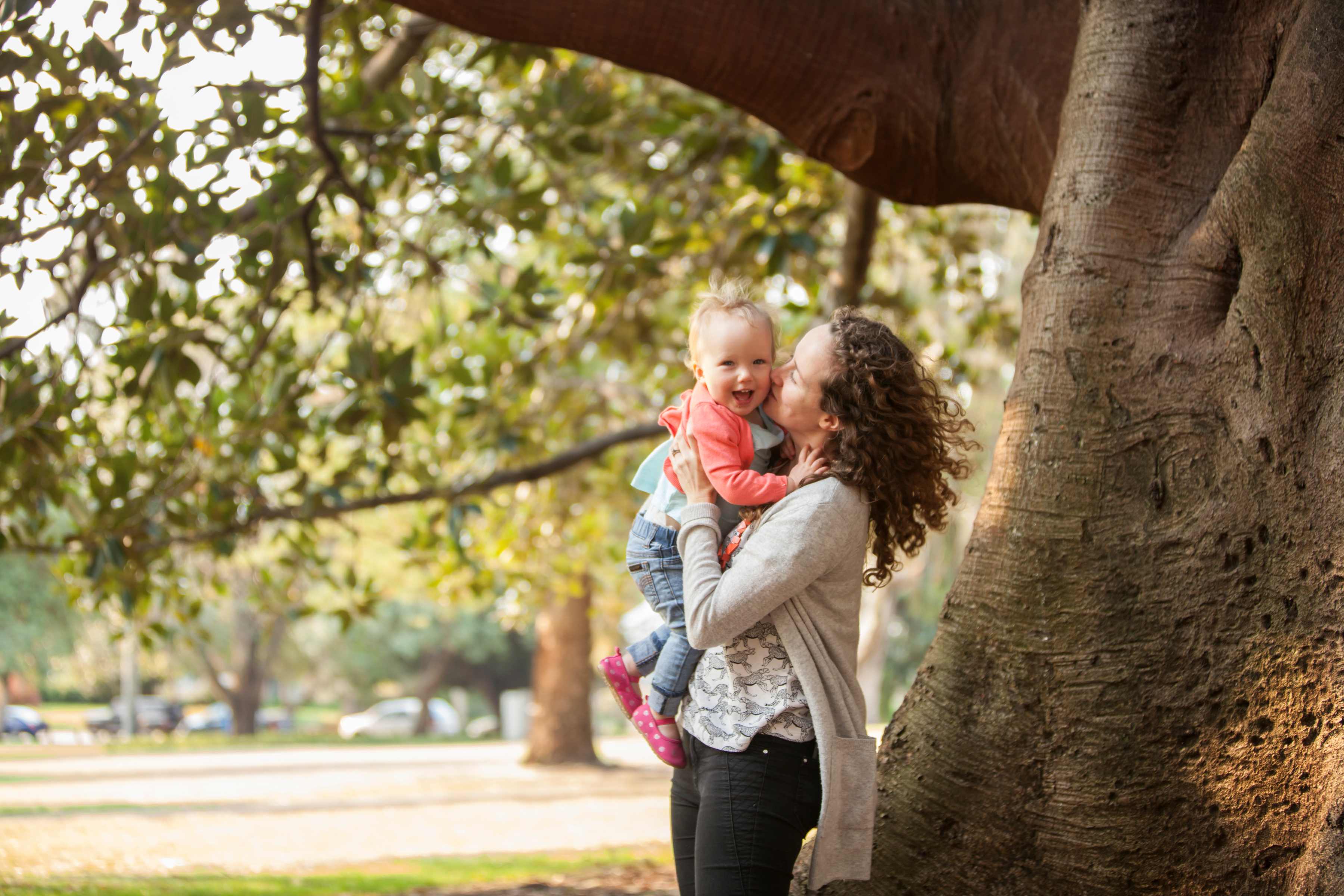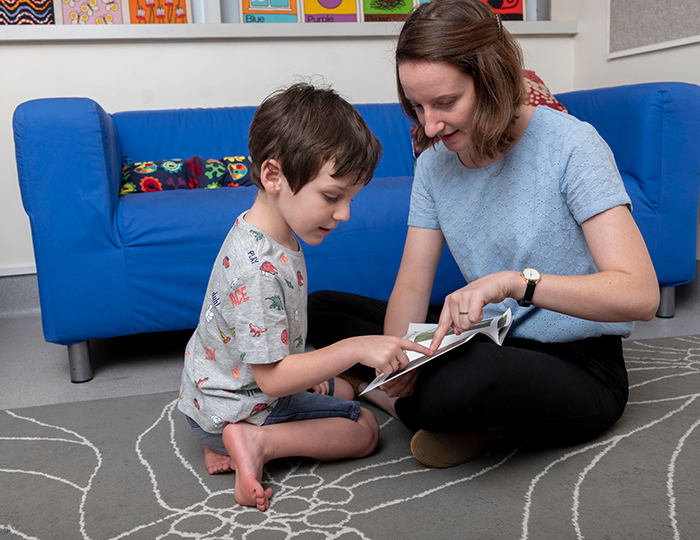Search
Showing results for "8"
News & Events
Every Friday: Child Health Research Seminars 2014Join our Friday Child Health Research Seminars in 2014 to explore the latest advancements in child health and connect with leading experts.
Strengthening the capacity of Aboriginal children, families and communities
Research
Acquired resistance during adoptive cell therapy by transcriptional silencing of immunogenic antigensThese findings suggest that tumor cells employ multiple epigenetic and genetic mechanisms to evade immune control
Research
Correlation of ultra-low dose chest CT findings with physiologic measures of asbestosisThis study aimed to determine the relationship between ULDCT-ILD and measures of pulmonary function in an asbestos-exposed population.
Research
How many infants are temperamentally difficult?In this letter, the authors respond to the commentary on Chong et al. “How many infants are temperamentally difficult?”; by correcting errors, & then...
Research
Does somatosensation change with age in children and adolescents? A systematic reviewSomatosensory modalities, such as touch, proprioception and haptic ability, greatly influence the achievement of developmental milestones for children.
Research
A high-throughput sequencing test for diagnosing inherited bleeding, thrombotic, and platelet disordersThe ThromboGenomics platform thus provides an affordable DNA-based test to diagnose patients suspected of having a known inherited BPD

Researchers at The Kids Research Institute Australia are studying a new pneumococcal vaccine designed to provide a broader protection for 21 serotypes of the bacteria S. pneumoniae – 8 more serotypes than the current vaccine given to new babies.
Research
Tertiary paediatric hospital health professionals' attitudes to lesbian, gay, bisexual and transgender parents seeking health care for their childrenLesbian, gay, bisexual and transgender parents are often reluctant to disclose their sexual orientation to health professionals for fear of discrimination...

At CliniKids, the JASPER approach is for preschool and school-aged children who have differences in play and social communication skills.
